The views expressed in our content reflect individual perspectives and do not represent the authoritative views of the Baha'i Faith.
The well-known religious scholar and chair of the department of religion at Wake Forest University, Charles Kimball, published a landmark book a few years ago, called When Religion Becomes Evil. Dr. Kimball doesn’t dislike faith, and he is no atheist – in fact, he’s an ordained Baptist minister – but the book describes what he sees, after a lifetime of research, as the five warning signs of corruption in religion:
- Claims to absolute truth,
- Requirements for blind obedience,
- Establishing the “ideal” time,
- The end justifies any means,
- Declaring holy war.
In the following five articles in this series on the harm that religion can cause, we’ll explore those warning signs and investigate what the new Baha’i teachings say about each one.
Kimball’s persuasive, penetrating analysis in When Religion Becomes Evil outlines a growing realization that has begun to reach across Faith groups, nationalities and classes around the globe: that religion, which he calls “the most powerful and pervasive force on earth”, can turn corrupt, destructive and dangerous:
As human institutions, all religions are subject to corruption. The major religions that have stood the test of time have done so through an ongoing process of growth and reform, a process that continually connects people of faith – Jews, Hindus, Muslims, Buddhists, Christians and others – with the life-sustaining truths at the heart of their religion. – When Religion Becomes Evil, pp. 38-39.
But, Kimball tells us, regardless of the language they use or the principles they promote, it is the actions of people of faith that truly define them:
Whatever religious people may say about their love of God or the mandates of their religion, when their behavior toward others is violent and destructive, when it causes suffering among their neighbors, you can be sure the religion has been corrupted and reform is desperately needed. – Ibid, p. 39.
Baha’is have a unique understanding of this dynamic, because the Baha’i writings put the historical cycles of the rise and fall of the great Faiths into a broad, logical and realistic perspective. This quote from Abdu’l-Baha, from the era that immediately preceded World War I, summarizes that perspective:
We can no longer live according to the laws and customs of former times.
Everything is transformed. The existing government of France cannot adapt itself to the requirements of the middle ages. As everything evolves, so also does religion – as witness the doctrines that are losing their influence today. All religious rites and ceremonies, when adhered to, become the cause of destruction and struggle. Look at the war in the Balkans. Can you imagine anything more terrible? Men have arisen against their brothers and both armies think they act in accordance with principle. If each side would put into practice the true principles of its own religion, there could be no further strife.
This is the day when dogmas must be sacrificed in our search for truth. We must leave behind all save what is necessary for the needs of today, nor attach ourselves to any form or ritual which is in opposition to moral evolution. – Abdu’l-Baha, Divine Philosophy, pp. 67-68.
The term “moral evolution” succinctly describes the Baha’i concept of progressive revelation, which sees religion as a single system, with each of the Founders of the great Faiths as consecutive moral teachers for all humanity. Understood that way, with God as the supreme educator of us all, each successive religion forms a link in the great chain of being, a rung on the ladder of consciousness, a grade in the school of spirituality. And understood that way, religion – like any other living thing – has a natural life cycle, a circle of seasons and a sequential purpose in the evolution of humanity.
With that concept in mind, the Baha’i teachings look at the rise and fall of religion as a naturally-occurring, organic process:
From the seed of reality, religion has grown into a tree which has put forth leaves and branches, blossoms and fruit. After a time this tree has fallen into a condition of decay. The leaves and blossoms have withered and perished; the tree has become stricken and fruitless. It is not reasonable that man should hold to the old tree, claiming that its life forces are undiminished, its fruit unequalled, its existence eternal. The seed of reality must be sown again in human hearts in order that a new tree may grow therefrom and new divine fruits refresh the world. By this means the nations and peoples now divergent in religion will be brought into unity, imitations will be forsaken and a universal brotherhood in the reality itself will be established. Warfare and strife will cease among mankind; all will be reconciled as servants of God. For all are sheltered beneath the tree of His providence and mercy. God is kind to all; He is the giver of bounty to all alike… – Abdu’l-Baha, Baha’i World Faith, p. 225.


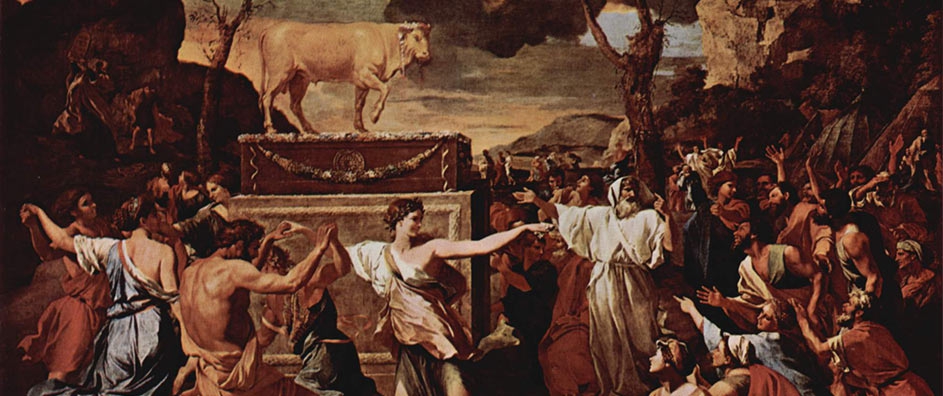
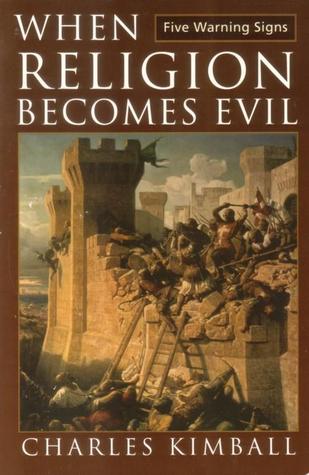
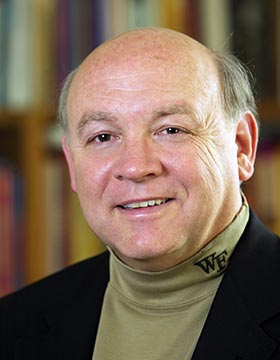

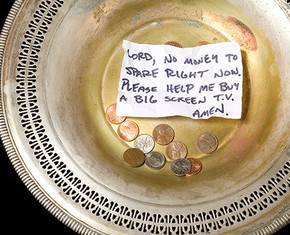
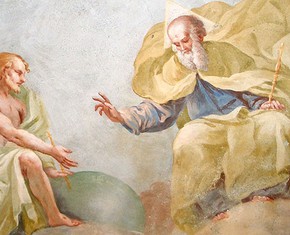
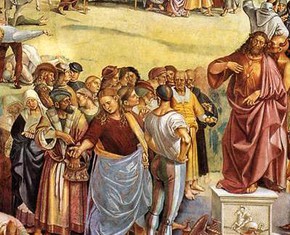









Comments
Sign in or create an account
Continue with Googleor